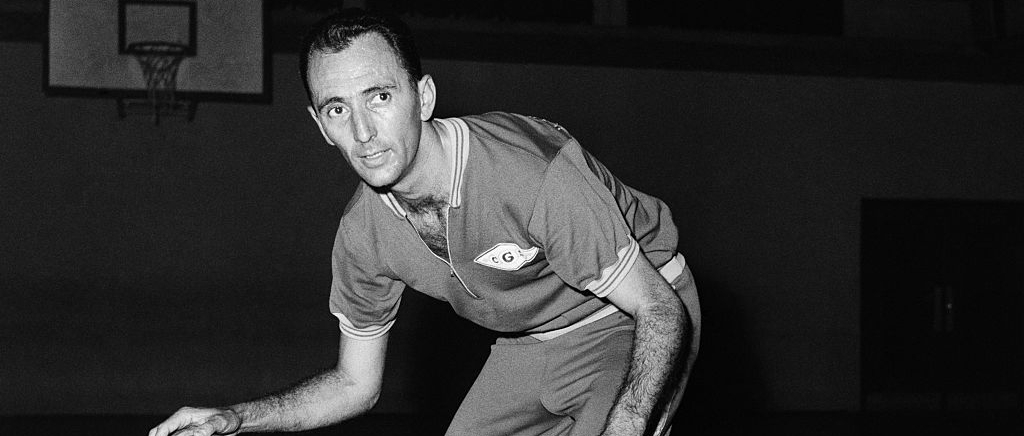
As the NBA has gone through its 75th season, the league has looked to celebrate its greatest players, coaches, and teams, most notably putting together the 75 Greatest Players list (which featured 76 because of a tie).
However, while the league has looked to avoid rankings, fans and media can’t help but turn a list into a ranking, and as a result you end up trying to debate players across eras, which becomes incredibly difficult. JJ Redick tried to make this point earlier this year when getting into it with Chris “Mad Dog” Russo when he brought Bob Cousy up as a better point guard than Chris Paul. Redick initially made the correct point that you can’t compare players from pre-1980 to players now, which Mad Dog rather hilariously shrugged aside with an “oh yes you can,” steadily luring JJ into a trap where he had to fire off a spicy take that naturally went viral, as he said Bob Cousy was being guarded by “plumbers and firemen.”
“[Bob Cousy] had 29 assists in an NBA game.” – Chris Russo
“Well, he was being guarded by plumbers and firemen” – JJ Redick
Sir.
pic.twitter.com/8qmeARNeOj
— Awful Announcing (@awfulannouncing) April 20, 2022
That, of course, riled up the old guard and on Thursday, the man at the center of those comments got a chance to respond, as Cousy went on Sirius XM NBA Radio. The Hall of Famer didn’t want to talk about himself too much but instead chose to defend those firemen and plumbers he played against, rattling off the likes of Wilt Chamberlain, Elgin Baylor, Bill Russell, and more as guys who weren’t too shabby.
“I guess [Wilt Chamberlain] must have fought fires as well”
NBA legend Bob Cousy reacts to J.J. Redick’s comments about Cousy playing against “plumbers and firemen” with @termineradio and @jumpshot8 pic.twitter.com/D4x9TVmvlD
— SiriusXM NBA Radio (@SiriusXMNBA) May 19, 2022
Look, it’s a good response from Cousy because Redick probably shouldn’t have trotted out a classic Twitter sh*tposter response on national television. The overall point from Redick was that comparing the actual players themselves is a fool’s errand because of course modern players are better because they are more advanced both as athletes and in their skillsets, in large part because each generation of basketball player builds on what the previous ones have done.
On top of that, the overall competition level was far from what it is today, as while great players certainly were out there, the quality of the average (or below average) NBA player in that era was far from what it was today and Redick was joking on the fact that some of those early NBA players needed offseason jobs. Cousy’s frustration with that kind of commentary is understandable, though, and he handles it pretty well here.

